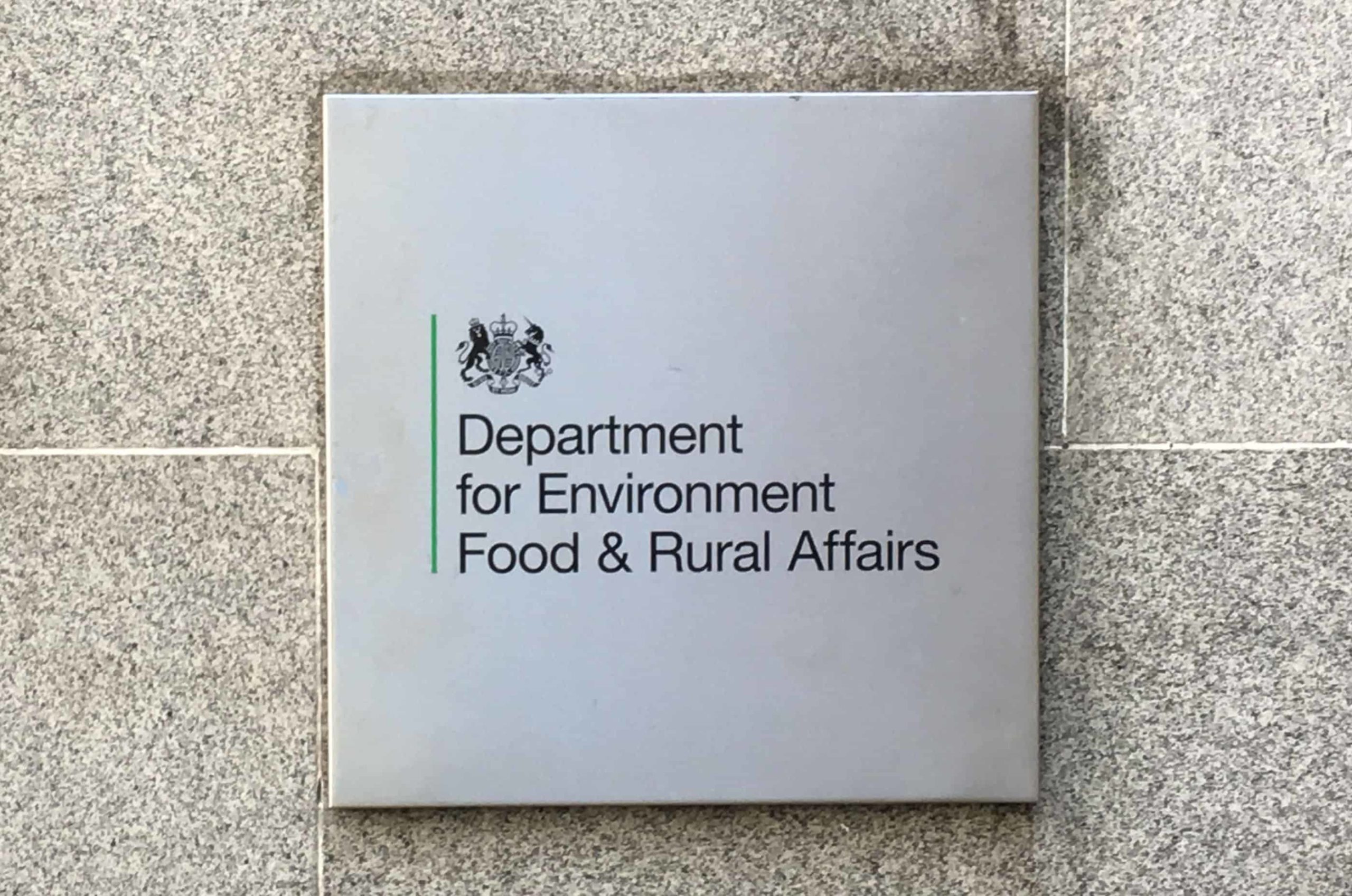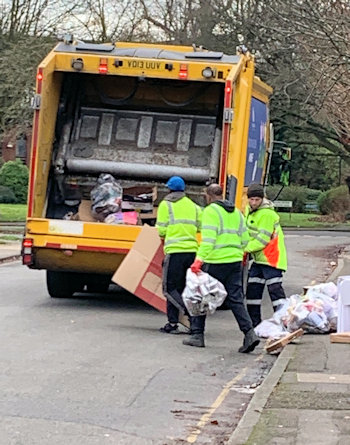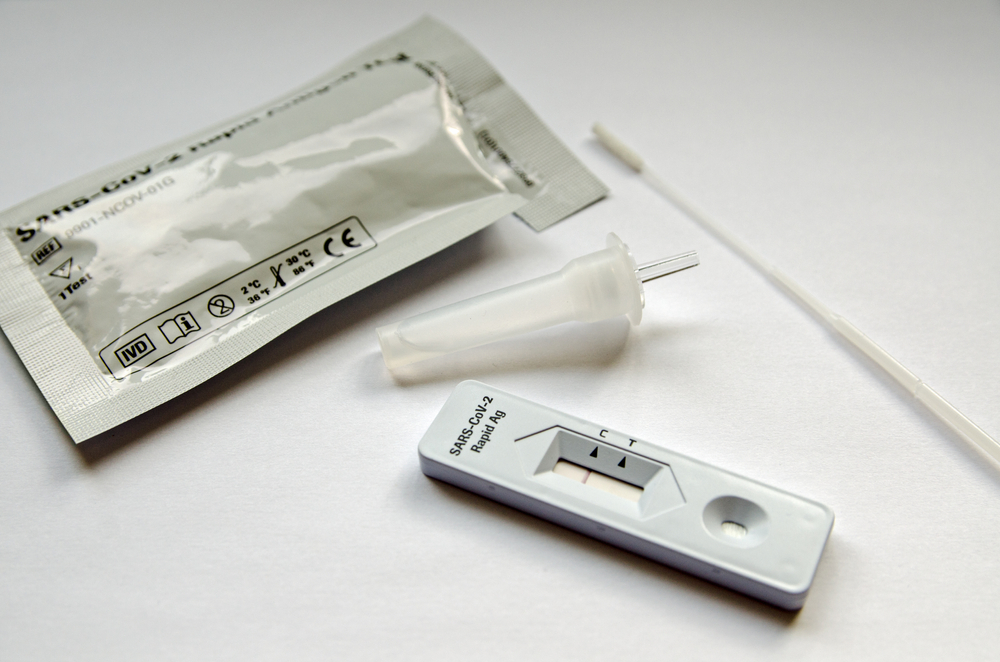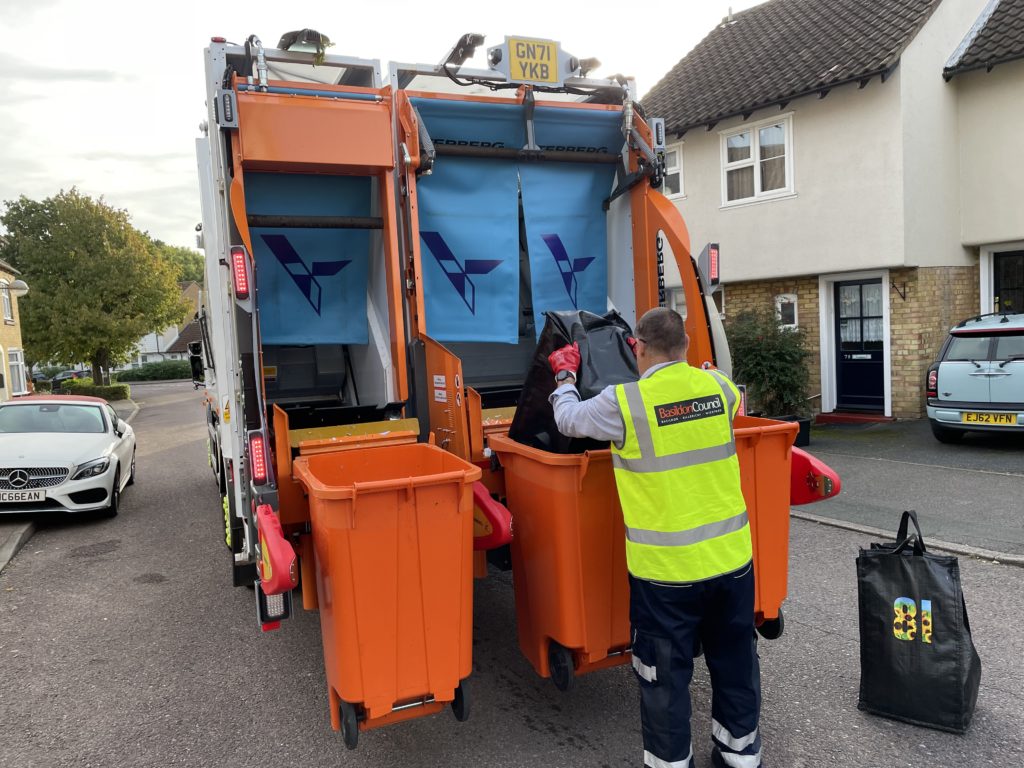
The guidance document ranks 14 different waste services from high priority to low and outlines government advice on how to run them during the pandemic.
Collections of residual waste were deemed high priority, as well as those of food and clinical or absorbent hygiene products.
Fly-tipping and assisted collections were also deemed high priority, whereas weekly dry recyclables, garden waste and bulky collections were deemed a low priority.
Among those to be ranked a medium priority were household waste recycling centres (HWRCs), fortnightly dry recyclables and trade waste collections.
Comments
Developed with comments from local authorities and the waste industry, the guidance has been published with the caveat that some of the recommendations may not be appropriate for some local authorities.
The guidance can be read in full HERE.

The guide reads: “The first duty of any local authority is to protect the health of staff and residents and it is with this in mind that the recommendations in this guide have been made.
“This guidance is intended as temporary and government is monitoring developments on waste services provision with local authorities and the waste sector.
“Local authorities are encouraged to maintain services as much as possible.
“The contents of the guide may change to align with the latest advice from the government on the coronavirus pandemic.”
Defra says services designated high priority are the most important and should continue as normal, while there will be minimal or no impact or disruption if low priority services are suspended.
High priority
Defra says residual refuse collection is a priority because a build-up of putrescible waste can be a risk to human health. To maintain the service staff should be reallocated from other services where possible.
Similarly, food waste collection is of high priority, as there could be a bioaerosol risk if food is left for several weeks and, where separate food waste collection is stopped, there may be an impact on anaerobic digestion and energy production, according to Defra.
And, services aimed at preventing fly-tipping are of high priority because a build-up of household waste fly-tipping may cause public health concerns, Defra says. Clear messaging on duty of care and penalties for fly-tipping should be provided to householders.
Low priority
Meanwhile, weekly dry recyclables (DMR) collections were deemed low priority and councils have been advised to consider changing to fortnightly. A fortnightly DMR collection is deemed a medium priority because there is a low risk to health, but councils need to allocate resources for the service to restart.
Services pertaining to bulky items should also be reviewed, with alternative collectors or temporary cessation considered where necessary, Defra says. This would avoid the risk of spreading coronavirus to staff and householders.
Deliveries of replacement containers are also considered low priority, with Defra saying containers for putrescible waste such as residual or food waste should be prioritised if delivered.
HWRCs
Defra said in the advice document that if it was possible to keep HWRCs open, operators should make sure that social distancing rules could be maintained.

“Always provide adequate staffing levels for health and safety and security purposes,” the advice reads.
It added some journeys to HWRCS may be necessary to avoid rubbish building up and a public health risk. Where possible, key sites should be maintained and, if necessary, access controlled, the advice says.
Defra added that, where practical, a limited and controlled access service may be feasible to reduce risk of fly tipping and to provide essential access for those not able to store waste indefinitely.
Related links
Defra Guidance










Subscribe for free